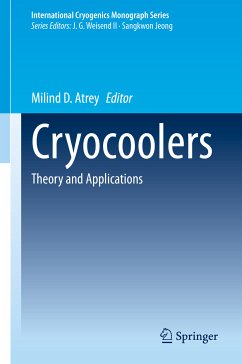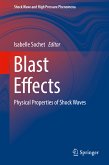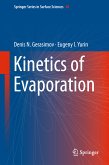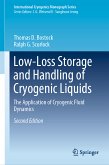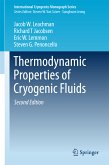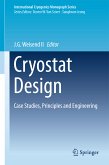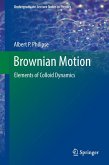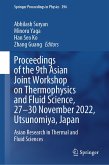The first chapter of the book introduces the different types of cryocoolers, their classification, working principles, and their design aspects, and briefly mentions some of the applications of these systems. This introductory chapter is followed by a number of contributions from prominent international researchers, each describing a specific field of application, the cooling requirements and the cryocooler systems employed. These areas of application include gas liquefaction, space technology, medical science, dilution refrigerators, missile systems, and physics research including particle accelerators. Each chapter describes the cooling requirements based on the end use, the approximate cooling load calculations, the criteria for cryocooler selection, the arrangement for cryocooler placement, the connection of the cooler to the object to be cooled, and includes genuine case studies.
Intended primarily for researchers working on cryocoolers, the book will also serve as an introduction to cryocooler technology for students, and a useful reference for those using cryocooler systems in any area ofapplication.
Dieser Download kann aus rechtlichen Gründen nur mit Rechnungsadresse in A, B, BG, CY, CZ, D, DK, EW, E, FIN, F, GR, HR, H, IRL, I, LT, L, LR, M, NL, PL, P, R, S, SLO, SK ausgeliefert werden.

